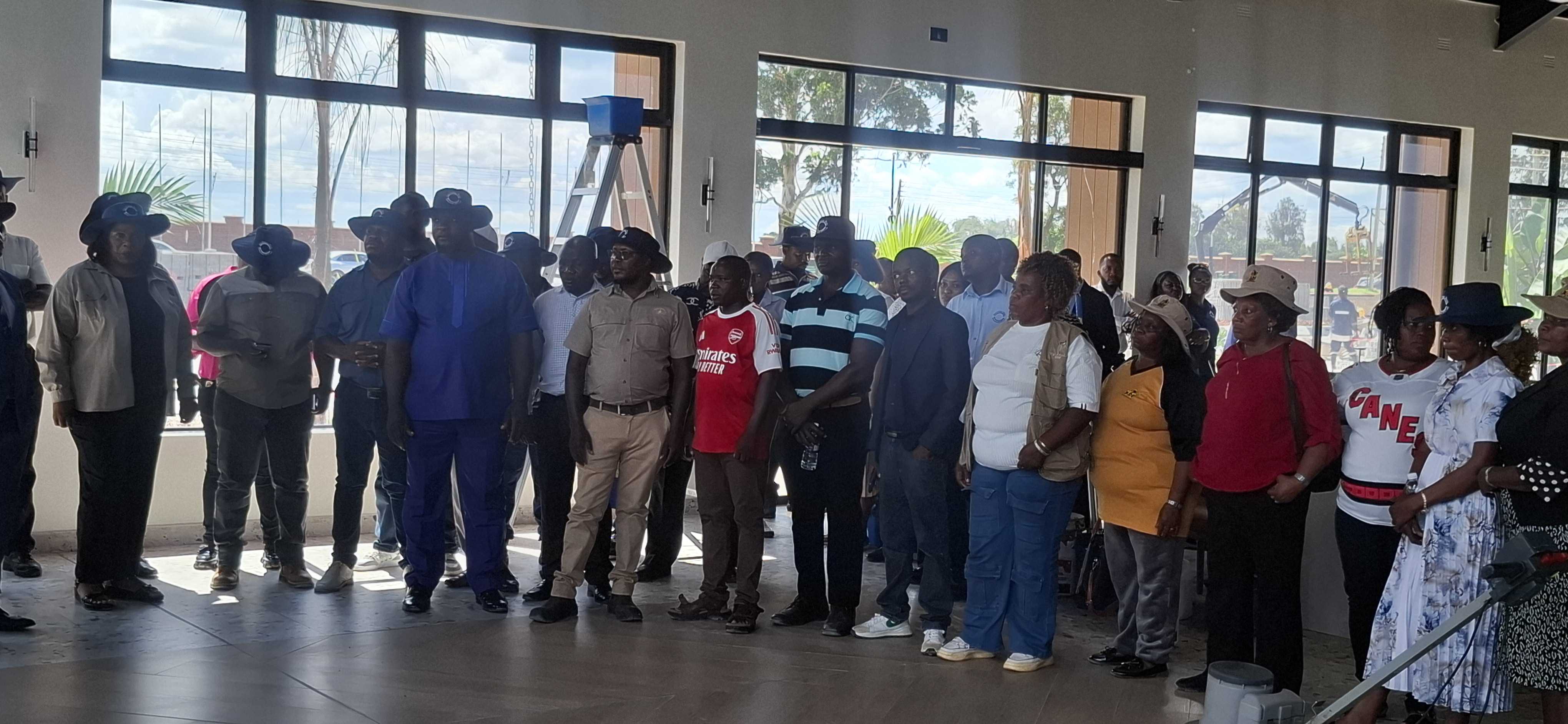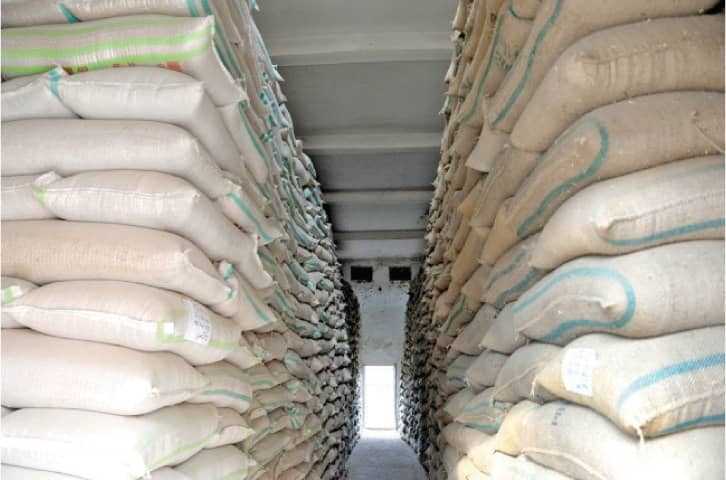Rutendo Mazhindu
Zim Now Reporter
Rural communities across Zimbabwe continue to grapple with severe hunger despite ongoing initiatives designed to ensure fair access to food in vulnerable areas.
The lingering effects of the El Niño-induced drought have deepened the crisis, leaving millions at risk of food insecurity.
Speaking at the Food Inception Meeting in Harare, Andrew Mushita, director of the Community Technology Development Organisation, highlighted the worsening food shortages.
The meeting marked the launch of the Strengthening Rural Governance for the Right to Adequate Food project, which aims to bolster food security across sub-Saharan Africa, particularly in Zimbabwe, Ethiopia, Kenya, and Malawi.
Zimbabwe remains in the grip of a devastating drought, with nearly seven million people facing critical food shortages. Despite efforts to alleviate hunger, Mushita noted that food insecurity in rural areas continues to escalate, making the constitutional right to adequate food an ongoing challenge.
He attributed this crisis to climate change and its far-reaching impact on smallholder farmers, who struggle with limited access to essential resources such as quality seeds, fertilizers, and pesticides.
“Most smallholder farmers cannot afford the necessary inputs to sustain their productivity,” he explained.
Related Stories
He advocated for a shift toward agroecological farming practices that emphasize the use of organic resources, such as animal manure, to enhance soil fertility.
Mushita also stressed the importance of mechanization in boosting smallholder productivity, particularly in light of drought-induced livestock losses.
“Providing farmers with appropriate tractors and planters suited to their land sizes could significantly improve agricultural output,” he suggested.
The RTF project aims to strengthen rural governance by advocating for food rights, raising awareness, and working with government institutions to improve service delivery.
A key focus is promoting the enforcement of Section 77 of Zimbabwe’s Constitution, which guarantees access to safe, clean water and adequate food for all citizens.
Matthias Spaeth, country director of Welt Hunger Hilfe, emphasized the need for a holistic transformation of Zimbabwe’s food systems.
“To achieve food and nutrition security for all, we must rethink the entire food production and distribution chain,” he stated.
Representing Lands and Agriculture Secretary Obert Jiri, Clemence Bwenje reaffirmed the government’s commitment to working alongside development organisations to address food insecurity and build a more resilient agricultural sector.




















Leave Comments